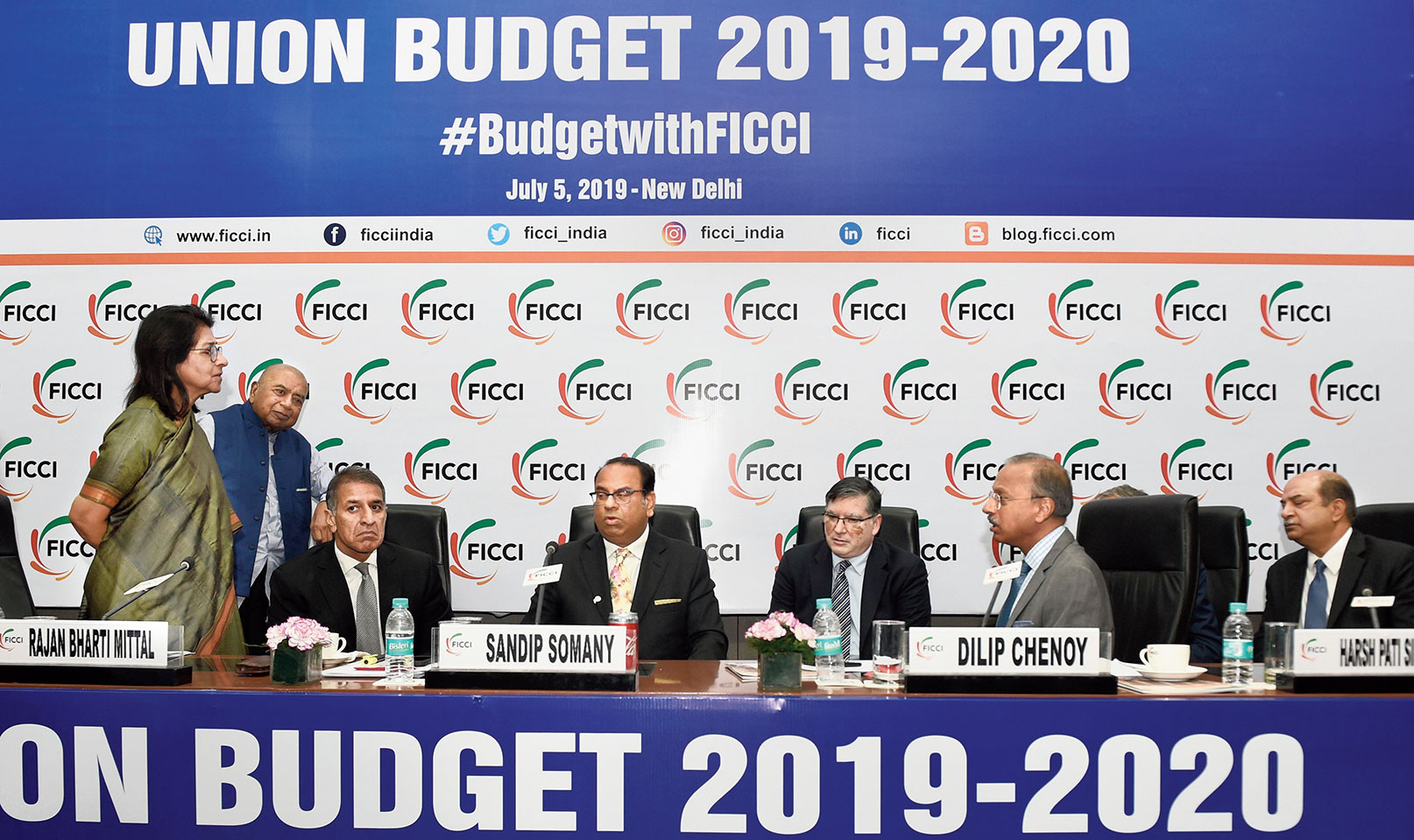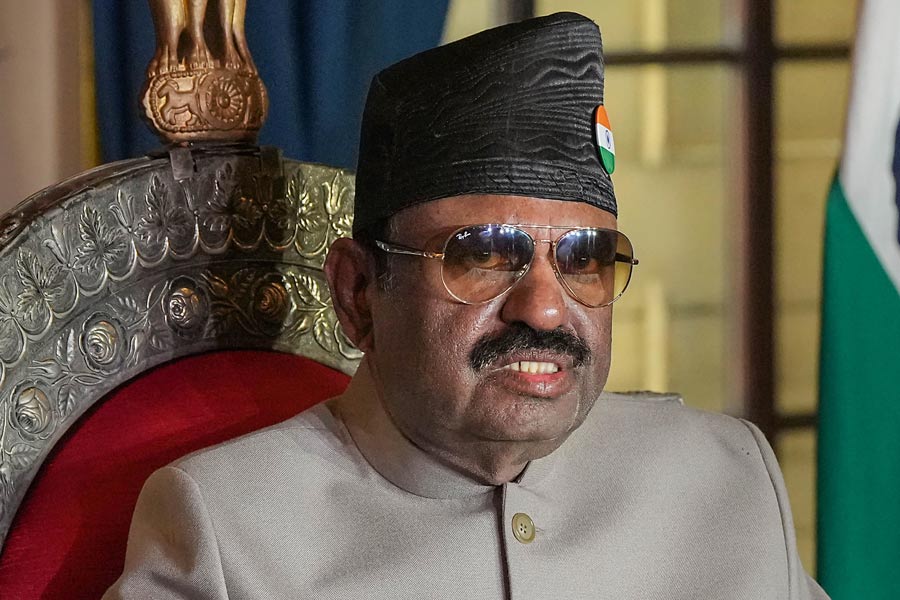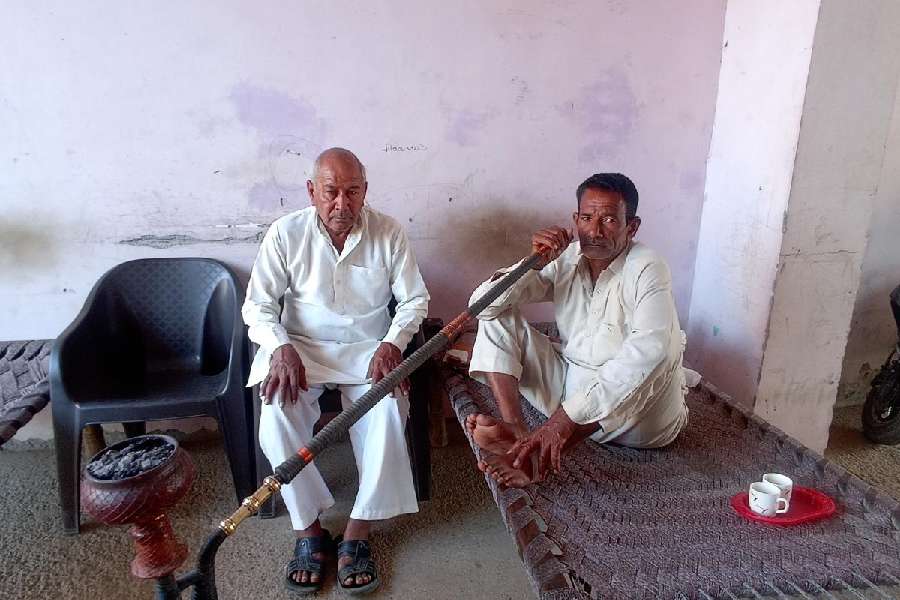Finance minister Nirmala Sitharaman on Friday said NBFCs that were fundamentally sound should continue to get funding from banks and mutual funds.
The government will provide a one-time six-month partial guarantee of Rs 1 lakh crore to state-run banks for purchasing consolidated high-rated pooled assets of financially-sound NBFCs. This will cover their first loss of up to 10 per cent.
The RBI supplemented Sitharaman’s efforts in a quick manner by allowing banks to offer additional liquidity against their excess G-sec holdings, with immediate effect.
The move will release an additional liquidity worth Rs 1.34 trillion to banks, which can be used for on-lending to shadow banking companies.
Sitharaman gave more muscle to the RBI when she proposed amendments to the RBI Act, 1934 that will give it more powers to regulate NBFCs. Sitharaman also made the RBI the new regulatory authority of housing finance companies (HFCs).
At a time the NBFC sector has caught the attention due to the ongoing liquidity crisis and the resultant slowdown in the sector, the proposed amendments to the RBI Act will give it powers to remove directors of NBFCs and also supercede its board. The Budget proposed insertion of new sections 45-ID and 45-IE to the RBI Act.
It, however, added that the director must be given a reasonable opportunity of his or her case against the proposed order.
The Budget has also proposed that the RBI can appoint a suitable person in place of the director, who has been so removed from his office.
Such person cannot hold office for a period exceeding three years.
The RBI will also have powers to supersede the board of NBFCs for a period of up to five years.
After superseding the board, the RBI has been given powers to appoint an administrator who has to follow the directions of the central bank. The administrator of the NBFC will have to facilitate reconstitution of the board of directors of the firm.
The budget has also proposed the introduction of a new section 45MAA in the RBI Act which says that if an auditor fails to comply with any direction or order given by the RBI, it may, if satisfied, remove or debar the auditor from exercising the duties as auditor of any of the regulated (by RBI) entities for a maximum period of three years, at a time.
RBI dividend
The Union Budget of 2019-20, which lowered the fiscal deficit target to 3.3 per cent of GDP, for this year, is expecting higher dividends from the Reserve Bank of India (RBI) and state owned lenders.
Non-tax revenue estimates showed that the Centre expects over Rs 1.06 trillion to come from this front. This is higher than Rs 74,140.37 crore realised last year.
Finance secretary Subhash Chandra Garg disclosed that of this, close to Rs 90,000 crore will come as dividend from the RBI.
This is a 32 per cent jump from the previous fiscal, when the central bank paid Rs 68,000 crore to the government including Rs 28,000 crore as interim dividend.
This was the highest receipt from the Reserve Bank in a single financial year, exceeding the Rs 65,896 crore received in 2015-16 and Rs 40,659 crore in 2017-18.
“The Reserve Bank dividend will come after the annual meeting. The government has estimated about Rs 90,000 crore as dividend from the RBI,” Garg said in the capital today.
The Reserve Bank follows July-June financial year and usually distributes the dividend in August after annual accounts are finalised.
The amount of Rs 90,000 crore however, does not include any gains from the excess capital reserves that the RBI holds. The central bank had set up a panel under former governor Bimal Jalan to look into the size of capital reserves that the central bank should hold.
The committee was appointed on December 26, 2018, to review the economic capital framework (ECF) of the RBI. The other key members of the panel include Rakesh Mohan, former deputy governor of RBI as the vice-chairman, finance secretary Subhash Chandra Garg, RBI deputy governor N S Vishwanathan, and two RBI central board members — Bharat Doshi and Sudhir Mankad.
It is expected to submit the final report on July 16.










